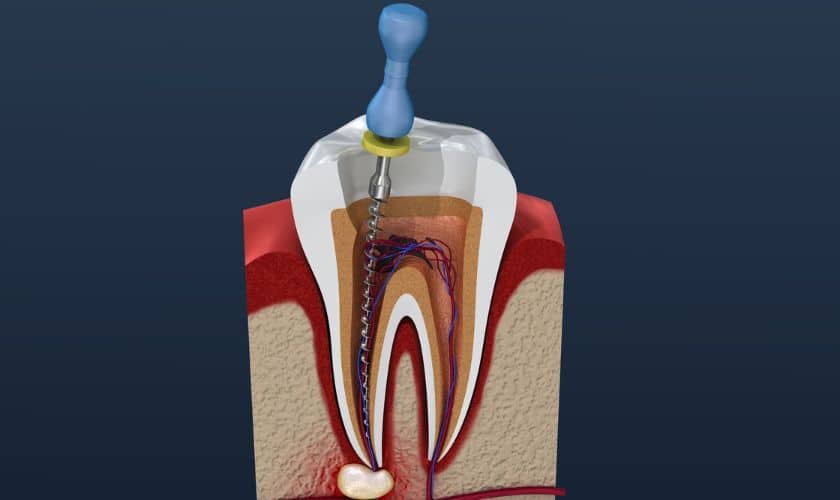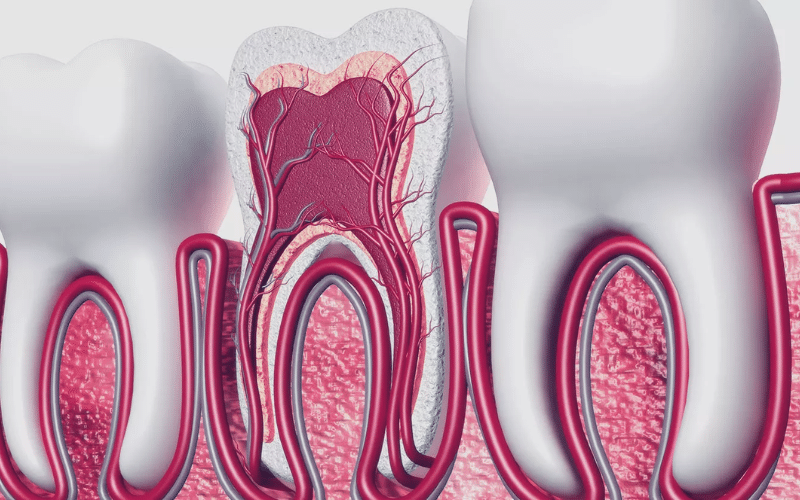
7 Common Signs You Need a Root Canal
A root canal procedure is often misunderstood and feared, but it’s actually a relatively simple and effective treatment for relieving dental pain and saving your natural tooth. Root canals are necessary when the pulp inside your tooth becomes infected or inflamed, usually due to deep decay, repeated dental procedures, or a crack or chip in the tooth. Ignoring the signs that you might need a root canal can lead to serious complications. So it’s important to recognize the symptoms.
Signs You Need a Root Canal
Here are seven common signs that you may need a root canal:
- Persistent Pain: One of the most common signs that you might need a root canal is persistent pain in a tooth. This pain can range from a dull ache to a sharp, stabbing pain and may be constant or only occur when you bite down. The pain can also radiate to other areas of your mouth, face, or head.
- Sensitivity to Hot and Cold: If you experience sudden and severe sensitivity to hot or cold foods and beverages, it could be a sign of an infected or inflamed pulp inside your tooth. This sensitivity may linger even after the hot or cold stimulus is removed.
- Swollen or Tender Gums: Swelling or tenderness in the gums around a tooth can indicate an infection in the root canal. The swelling may be accompanied by redness and a pimple-like bump on the gum near the affected tooth, which is called a dental abscess.
- Discoloration of the Tooth: A tooth that has become discolored (usually darkening) can be a sign of damage to the pulp inside the tooth. This discoloration occurs because the blood vessels and nerves inside the tooth have been damaged or died.
- Prolonged Sensitivity to Pressure: If you experience lingering sensitivity or pain when you bite down or apply pressure to a tooth, it could be a sign that the pulp inside the tooth is infected or inflamed.
- Gum Recession: Receding gums can expose the roots of your teeth, making them more susceptible to infection. If you notice that your gums are receding around a particular tooth, it could be a sign that you need a root canal.
- Cracked or Chipped Tooth: A crack or chip in a tooth can provide an entry point for bacteria, leading to infection and inflammation of the pulp. If you have a cracked or chipped tooth, you may need a root canal to remove the damaged pulp and restore the tooth.
Conclusion
If you experience any of these signs, it’s important to see your dentist as soon as possible. Ignoring the symptoms of a root canal can lead to serious complications, including the spread of infection to other teeth or even to the bloodstream. A root canal is a common and relatively painless procedure that can save your natural tooth and restore your oral health.





